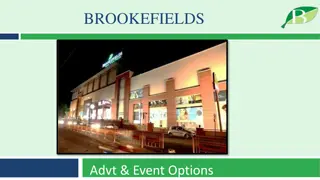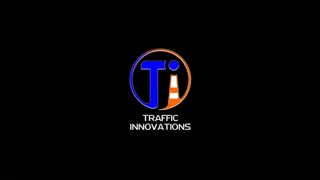Insights on Successful Research Grantsmanship: Resources, Visibility, Linkages, Feedback, and Success
Resources, visibility, linkages, feedback, and success play crucial roles in successful research grantsmanship. Understanding the importance of grants, leveraging past experiences, developing proposals, and following key principles like originality, relevance, relationships, results, reading, writing, and arithmetic are essential for obtaining research funding.
Download Presentation

Please find below an Image/Link to download the presentation.
The content on the website is provided AS IS for your information and personal use only. It may not be sold, licensed, or shared on other websites without obtaining consent from the author.If you encounter any issues during the download, it is possible that the publisher has removed the file from their server.
You are allowed to download the files provided on this website for personal or commercial use, subject to the condition that they are used lawfully. All files are the property of their respective owners.
The content on the website is provided AS IS for your information and personal use only. It may not be sold, licensed, or shared on other websites without obtaining consent from the author.
E N D
Presentation Transcript
All Things Grants: Some Insights on Successful (and Not So Successful) Research Grantsmanship Christopher B. Barrett STAARS/STAAARS+ Program Virtual Workshop November 10, 2020
Introduction Why is grantsmanship important? 1. Resources Research costs $. Grants are typically the main source. 2. Visibility Grantsmaking organizations take a keen interest in the results of projects they fund. Built-in audience for your work and often dissemination/publicity as well. 3. Linkages Reviewers/program officers can often link you to people, groups or new work underway of which you were unaware. 4. Feedback Early constructive criticism improves research quality 5. Success breeds success Successful grants often bring noncompetitive follow-on $.
My qualifications/ limitations Lots of grants experience: - >80 external grants, from $1K - $4M each, total >$45m. - Most are competitive project grants from gov t (NSF, USAID, USDA, DOE, EC, DfID, AusAID), multilateral (World Bank, 3ie, AfDB), foundations (BMGF, Pew, Rockefeller), etc. - Competitive successes have elicited multiple some large! invited awards (WB, RF, Gates, Pew, USAID, FAO, USIC, etc.) - Review regularly for NSF, USAID, etc. Frequent panelist. - Helped create/run large university seed grant program But narrow: - Empirical development/agricultural economist focused on micro and policy-related issues, mainly in Africa. - Never PI on proposals to NIH or many non-US based/non- UN funding agencies.
Basic process Develop idea/ prelim findings File reports on time A rough funded research project development cycle (2-24 months to award) Develop base proposal/budget Complete all project steps Search for grant sources Negotiate contract details Draft proposal/ get feedback Contact POs/ submit LOI/EOI Redraft proposal/ Submit on time Receive award/ reviews It takes TIME both to prepare winning proposals and to do the work. Apply early and often. (Note: worst case = no successful proposals; 2nd worst case = all proposals successful)
Key principles: The 7 Rs The 7 Rs of successful research grant proposals: 1) Originality 2) Relevance 3) Relationships 4) Results 5) Reading 6) Writing 7) Arithmetic
Originality Innovative ideas - Agencies want interesting new ideas that improve a scientific field or the world Especially for research and career development grants from scientific agencies (e.g., NSF), but even true for training grants Key issues: - Who reviews? Establish the sort of originality reviewers/panel seek basic/applied? theory/methods/evidence? - Be clear: is contribution theory, methods, empirical results? - Why is this interesting/important? - If empirics, clearly specify hypotheses, explain theoretical basis of these hypotheses, identify prospective competing hypotheses, how to falsify/test, and make the identification strategy clear.
Relevance Relevance to the sponsor agency - Different grantsmakers want different things: basic vs. applied, disciplinary vs. problem-focused, sector-specific or not, etc. Know your audience and tailor accordingly! - Adapt, don t recycle, a proposal from one agency to the next Relevance to the field/broader world - Especially for government-funded research, the agency has political masters give them the broader impacts summary they need to justify your grant: how will your work help solve societal problems? (WWBMS? rule @ BMGF) - Is the original discovery promised worth knowing? Why?
Relationships Relationships w/program officer(s) - They don t want to waste their time or yours. - Ask them whether your ideas are of interest to their program. - Find out how the review process works, who makes the decisions ultimately, and on what criteria. - Look @/ask for sample successful proposals as models. - Ask them for feedback after a decision (esp. an adverse one!). Relationships w/other investigators - Give others constructive, timely feedback and ask for same. - Recognize others contributions we all stand on the shoulders of giants. Crediting others in no way reduces your contributions. If anything, it enhances your credibility!
Results Agencies want some assurance a grant will pay off Clearly articulated impact pathways - Is the research plan sound, in terms of data, methods, etc.? Why should funder believe findings will prove valid? - Is there a clear strategy for publication, uptake, etc.? Track record of PI and team - Are PIs qualified to do the work? Pay attention to cvs! - Do PIs have a record of delivering promised results? - Especially for interdisciplinary projects, viability of the whole is crucial sell the team! Do you have the right people? Preliminary data show the approach has promise - Try to leverage current research to seed the next project.
Reading Read the instructions! - The program solicitation will usually bring out the key areas (incl. buzzwords ) to emphasize. - Failure to follow submission instructions precisely commonly leads to outright rejection. Pay attention to the details! Read the relevant literature - Know where the current research frontier lies. Keep lit review brief, but cite seminal/current work you build on. Read other (un)successful proposals - If asked, colleagues and program officers will often share prior proposals related to your proposed theme. - Query program officers about their perceived weaknesses.
Writing Abstract and 1st page are make-or-break: - Only thing all reviewers/POs read. POs use to assign reviewers. - Review panelists in major competitions handle many (often 15- 50) proposals. Catch their interest right away. - POs/panelists are non-specialists. Make your case clearly. - Describe the conceptual forest not the technical trees: why does this matter? What outcomes and impacts to expect? - Ask colleagues/nonspecialist friends to take 5-10 minutes to read and critique your 1st page/abstract Be clear and concise - You need to market the research. Persuasive writing differs from scientific writing. - Rewrite and edit ruthlessly shitty first drafts
Arithmetic Budgets - Draft a budget early, establish what is feasible and cost effective, then design accordingly. - Get early input from accounting staff on budget/justification. Don t forget little things (e.g., visas, airport transfers) - Delicate balance b/n underbudgeting and padding. When permitted, build in a small buffer for FX/fare fluctuations, etc. - Know the matching expectations (formal and informal) - Indirect costs Empirical Study Design - If you plan to collect data, explain precisely the design: sample size (power calculations), etc.
If successful You won a research award congratulations! Contracting Details - Check/know the intellectual property rights provisions! - Be clear about budget variance rules - Find out amendment/NCE options just in case - Know and heed the reporting requirements - Get subawards established promptly (they take time ) Institutional Review Board Do it promptly/accurately! Allow adequate time
Thank you Thank you for your time and attention Comments/questions?
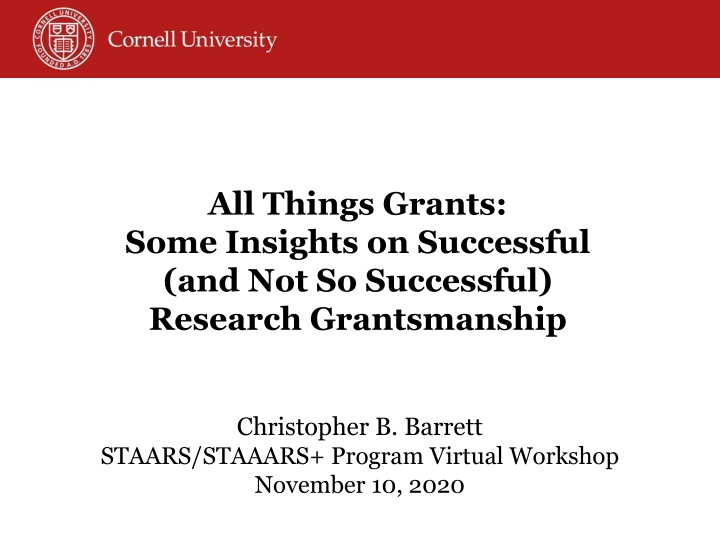

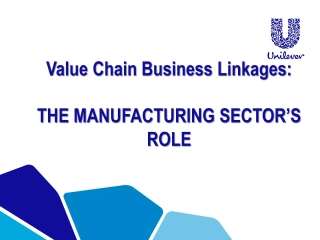
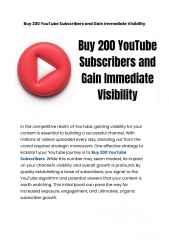
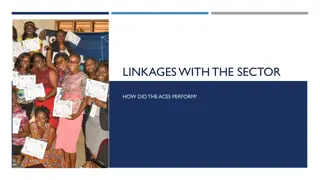
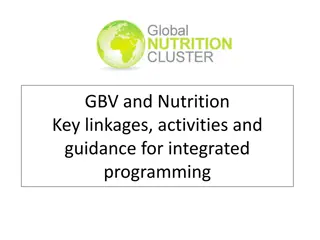
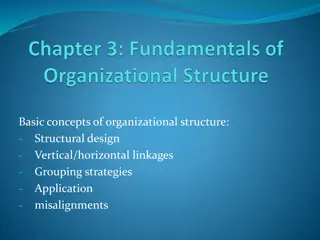
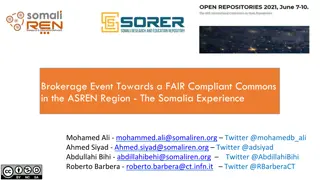
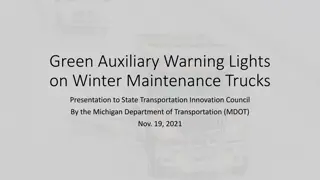
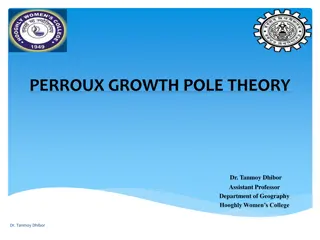
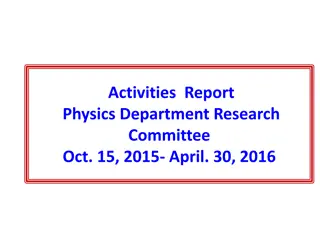
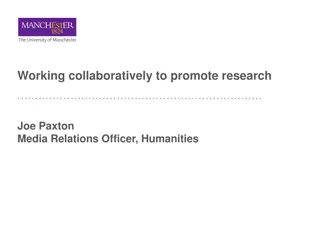
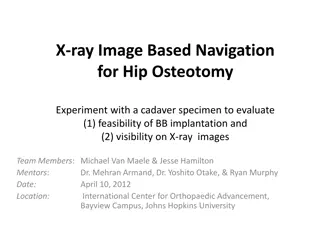
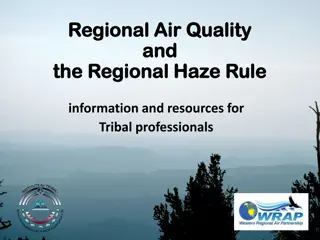
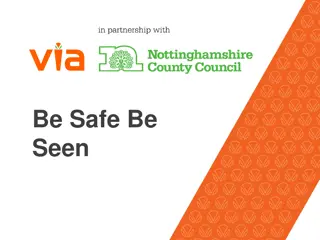
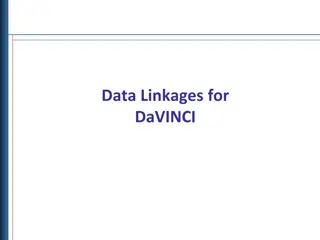
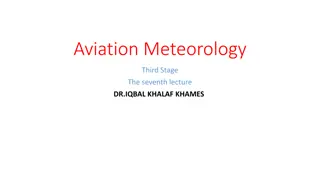

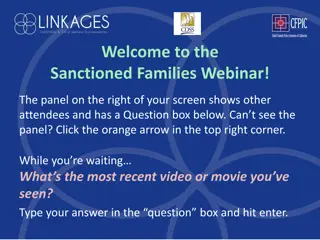
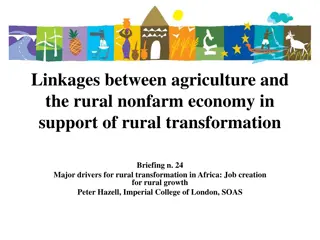
![Enhancing Research Visibility and Impact for [School/Institute Name]](/thumb/206842/enhancing-research-visibility-and-impact-for-school-institute-name.jpg)

